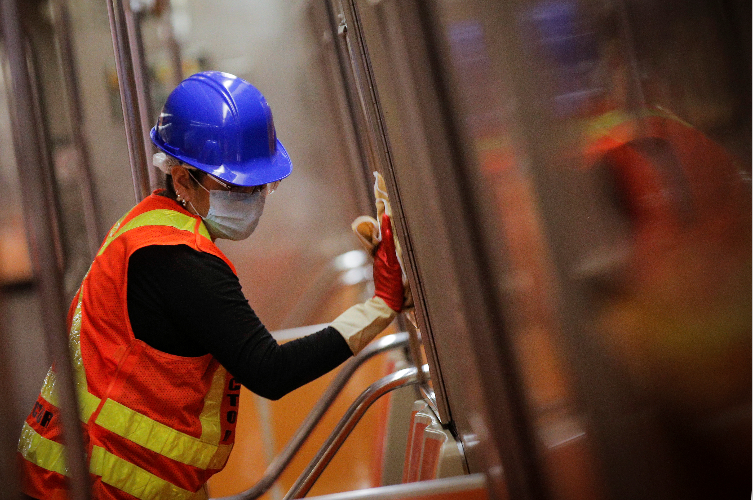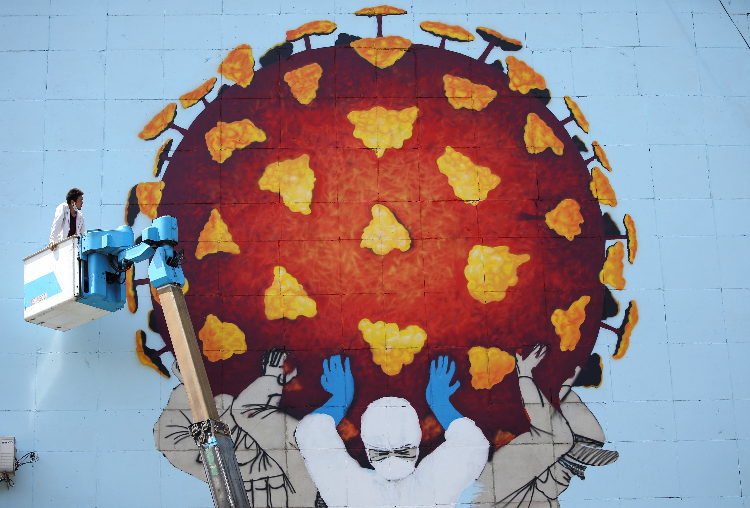A new coronavirus mutation was recently reported in Arizona after samples of SARS-CoV-2 were seen with missing pieces of RNA strands. Compared to the past reported COVID-19 mutations, experts that led the study found interesting deletions of the RNA in one out of 382 nasal swab tests that were collected. This means that the discovered mutation is a good sign that the virus may be slowing down.
Coronavirus sample in Arizona proves Virus slowly weakening

In 2003, a SARS mutation showed deletions of the virus strands. After five months since the mutation was discovered, the epidemic from 2003 reported no new cases, and the virus became contained.
Due to this event, researchers from Arizona State University think that the same scenario could also happen with the widespread Coronavirus.
To find out if this is true, the team collected over 300 swab tests from COVID-19 positive patients in the state. As they studied the samples, they found one person that has different RNA strands compared to others. Apparently, the mutation they discovered follows the same pattern as the one that contained the SARS epidemic.
According to Dr. Efrem Lim, the lead author of the study, the new Coronavirus mutation that they found had similar deletions from over a decade ago.
"This is something we've seen before in the 2003 SARS outbreak during the middle and late phase of the outbreak, the virus acquired large deletions in these SS3 proteins," said Dr. Lim.
Normally, Coronavirus consists of 30,000 letters of RNA strands. However, when Lim and his team found the mutation, the sample was missing with 81 letters of RNA.
"Where the deletion occurs in the genome is pretty meaningful because it's a known immune protein which means it counteracts the host's antiviral response," he said.
Virus is said to be slowing down

In other words, when the deletions happened back in the SARS epidemic, the virus was seen with a slowing rate compared to its initial response. This means that the virus shows a weaker impact on a human body-- which resulted in its containment.
"These proteins are not just there to replicate - they are in there to help enhance virulence and suppress the immune system [of the host]," said Dr. Lim. " It evolved with a more attenuated from in the late phase of the epidemic."
The one sample that Lim and his team found means that there could be a possibility that the virus could be slowing soon. However, his team clarifies that the 81 deletions were still potent enough to infect a person and have him sick.
At the same time, if the research team found enough samples of deletions in people's RNA strands, the chances of virus slowing down could be easily identified in the next days to come.
"One sample is the convincing thing we need to say "look at this" meaning that if more coronavirus genomes are sequenced, scientists might find far more instances of this attenuated genome," adds him.
ALSO READ: [BREAKING] COVID-19 Cure Almost Here? Pfizer Pushes Potential Cure to Clinical Trials, And Will Create Millions Of Vaccines by 2021
ⓒ 2026 TECHTIMES.com All rights reserved. Do not reproduce without permission.




